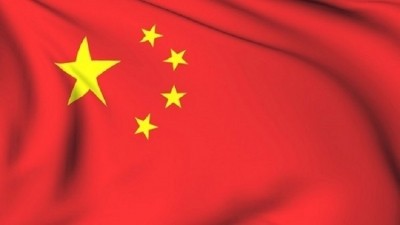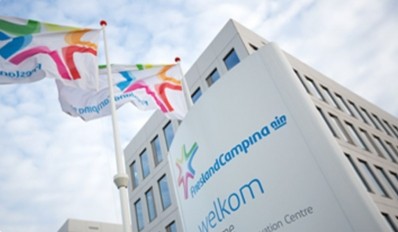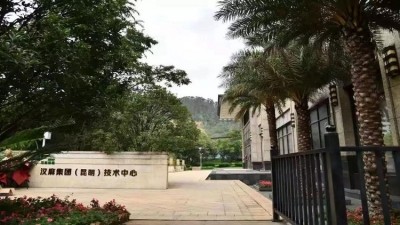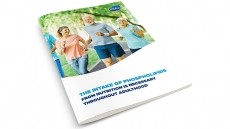Yes we can: Nestlé China launches smart recycling machine for infant formula tins
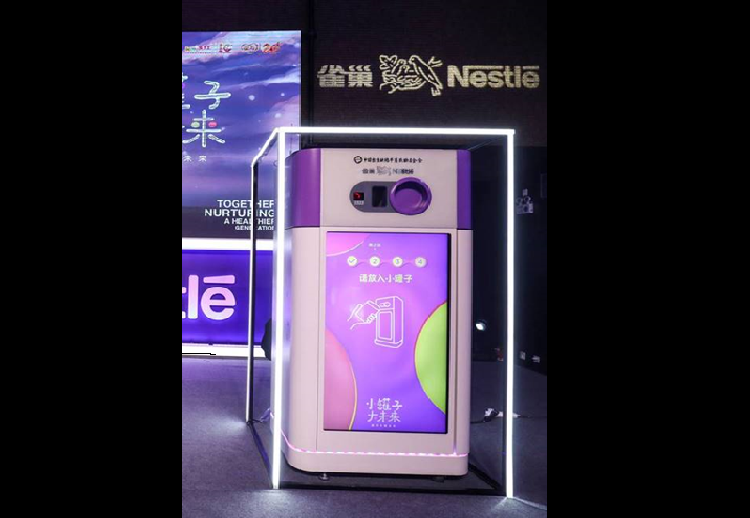
The first placement will be located at Leyou, 20 Kidswants’ outlets in Beijing, Shanghai, and Nanjing.
Consumers who recycle the tins can accumulate points and enjoy cashback offers.
The new initiative echoes the firm’s aim to achieve 100% recyclability or repeated use for all its product packaging by year 2025.
How it works
Consumers are able to place tins of any brands into the machine.
Once a tin is placed inside the machine, it will be compressed flat, and consumers are able to watch the entire process.
They are able to watch the tin being compressed and each machine can store up to 160 units.The compressor is expected to compress up to 50,000 times before it cannot operate any longer.
“Nestlé's smart recycling machine will go into operation soon. Besides hoping that the resources will be better utilised, this will also prevent tins from being collected and recycled via illegitimate channels, which in turn leads to food safety concerns,” regional business head and senior VP of Nestlé Infant Nutrition in China, Binu Jacob said at the launch.
The firm also said it would donate proceeds from the recycled tins to China birth defects intervention foundation.
Bio-based plastics lids
Nestlé is also attempting to make infant formula metal tin lids with bio-based plastics,to reduce the use of petroleum-based plastics made from non-renewable sources.
Some of the bio-based materials are made from grain husk, crushed sugarcane, and corn.
Having fulfilled national food safety standards, EU, and the firm’s internal standards, bio-based plastics will also be implemented for other product portfolios.
At present, other business units have switched to the use of biodegradable paper packaging from soft plastic packaging.
The firm is also exploring new renewable and recyclable materials as packaging for coffee, milk powder, and chicken stock, while Nestlé Research and Development (R&D) China is collaborating with Tsinghua University in launching a challenge focused solely on packaging sustainability.
The focus of the challenge is to advance packaging innovation surrounding e-commerce delivery, festive season products, recyclability, reusability, and consumer engagement.
